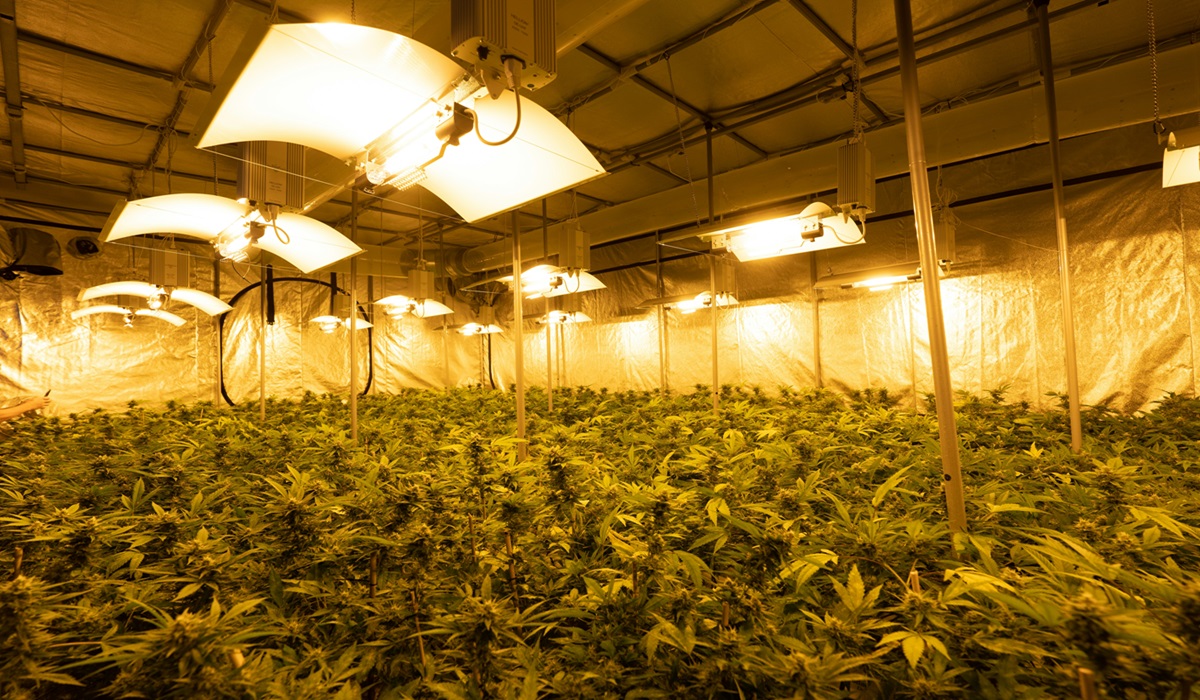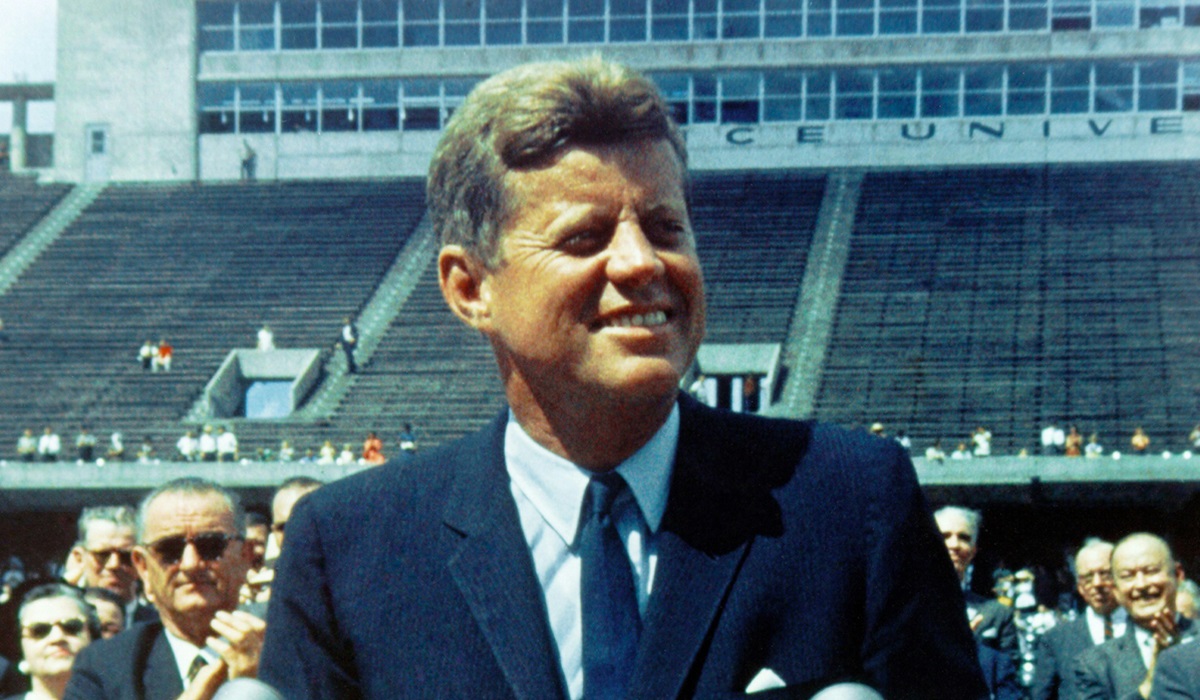Image Credit, Crystalweed
In a notable diplomatic shift, Honduras has decided to suspend its extradition treaty with the United States, following serious allegations that it is involved in facilitating drug trafficking from Venezuela. This decision has provoked a strong response from the Honduran government, which has historically supported U.S. efforts in the war on drugs.
The suspension of this key treaty represents a dramatic change in the relationship between Honduras and Washington. Previously, the treaty allowed the U.S. to request the extradition of Honduran nationals accused of major crimes, including drug trafficking. By halting the agreement, Honduras is effectively protecting individuals from facing justice in the U.S., undermining a critical component of their joint anti-drug strategies.
This move comes amid a broader trend of strained relations between Latin American countries and the U.S. Recently, Mexico, a neighboring trade partner of Honduras, also suspended its embassy relations with Washington. Mexico’s decision was driven by ongoing disputes over U.S. immigration policies and concerns about American interference in its domestic affairs.
Honduras’ suspension of the treaty may also have implications for future U.S. efforts in regional security and law enforcement. The inability to extradite suspected drug traffickers from Honduras could hinder ongoing investigations and operations against international drug cartels. As a result, this diplomatic rift may complicate not only drug enforcement but also broader cooperation on other issues of mutual interest between the two nations.
As Honduras joins the ranks of other Latin American nations reassessing their ties with the U.S., the suspension of the extradition treaty highlights a shifting landscape in international diplomacy. This development underscores the growing tension between the U.S. and its regional allies, potentially impacting the effectiveness of collaborative anti-drug initiatives and broader diplomatic relations.









